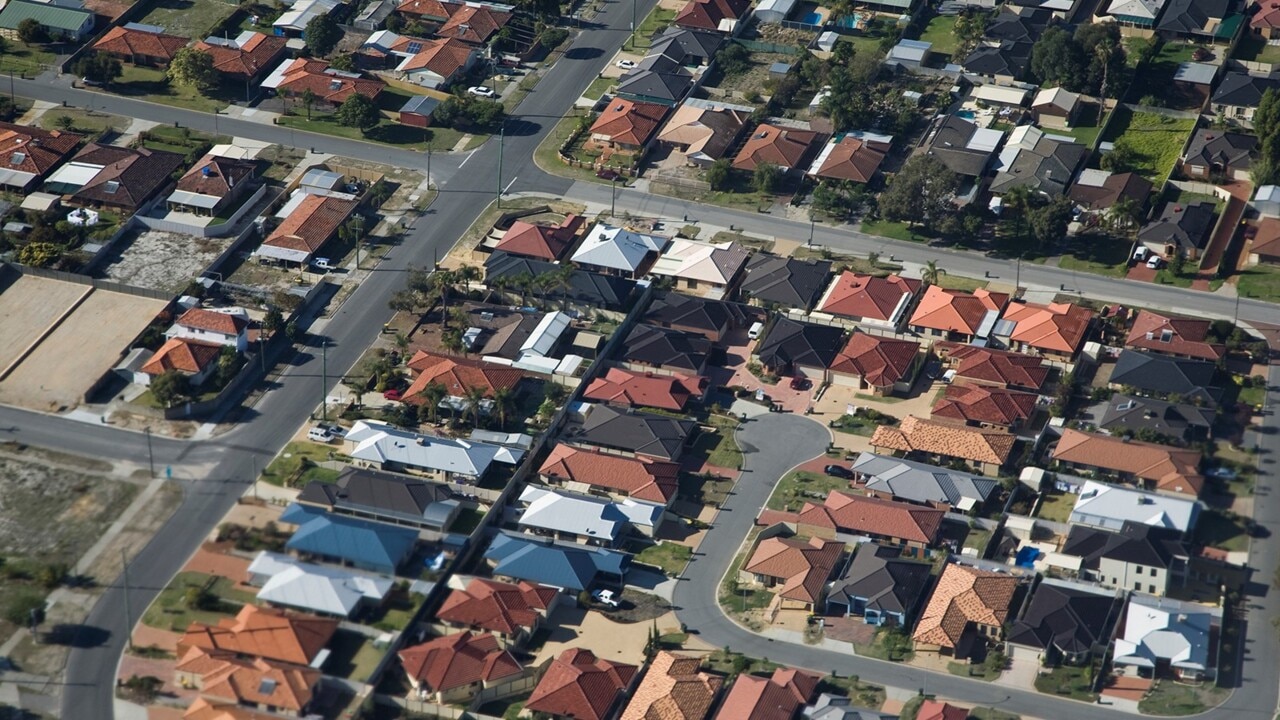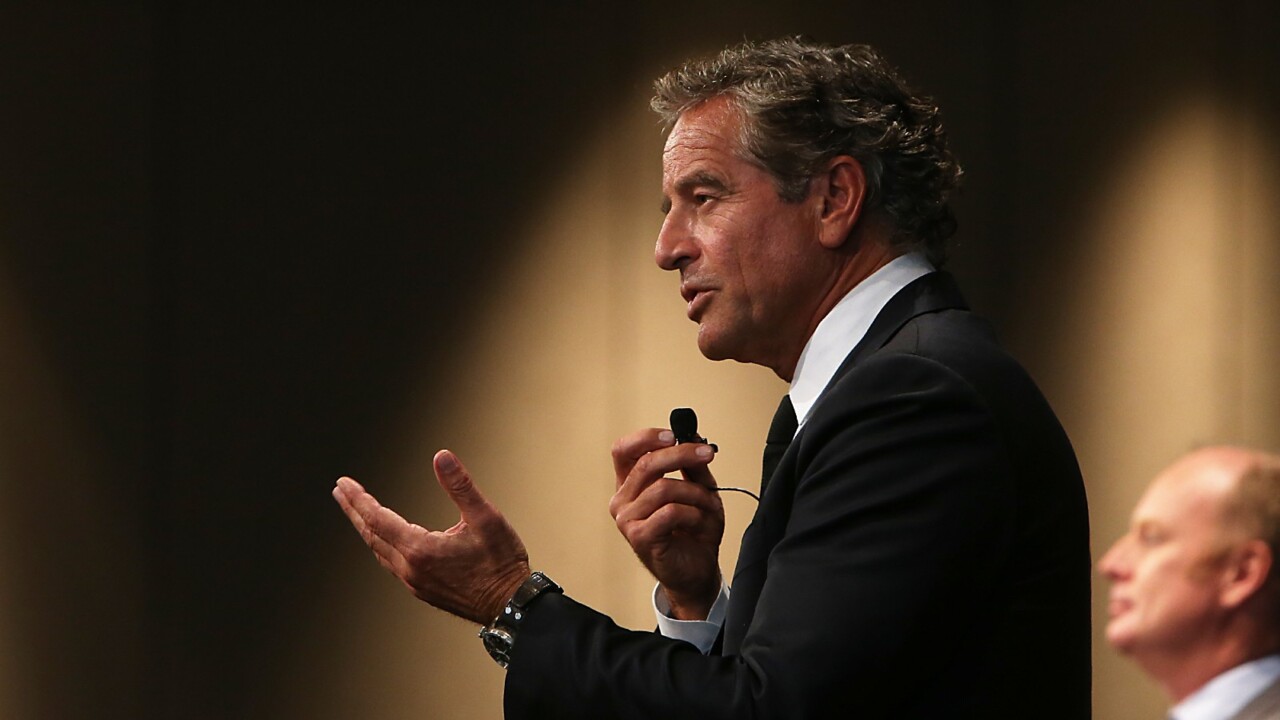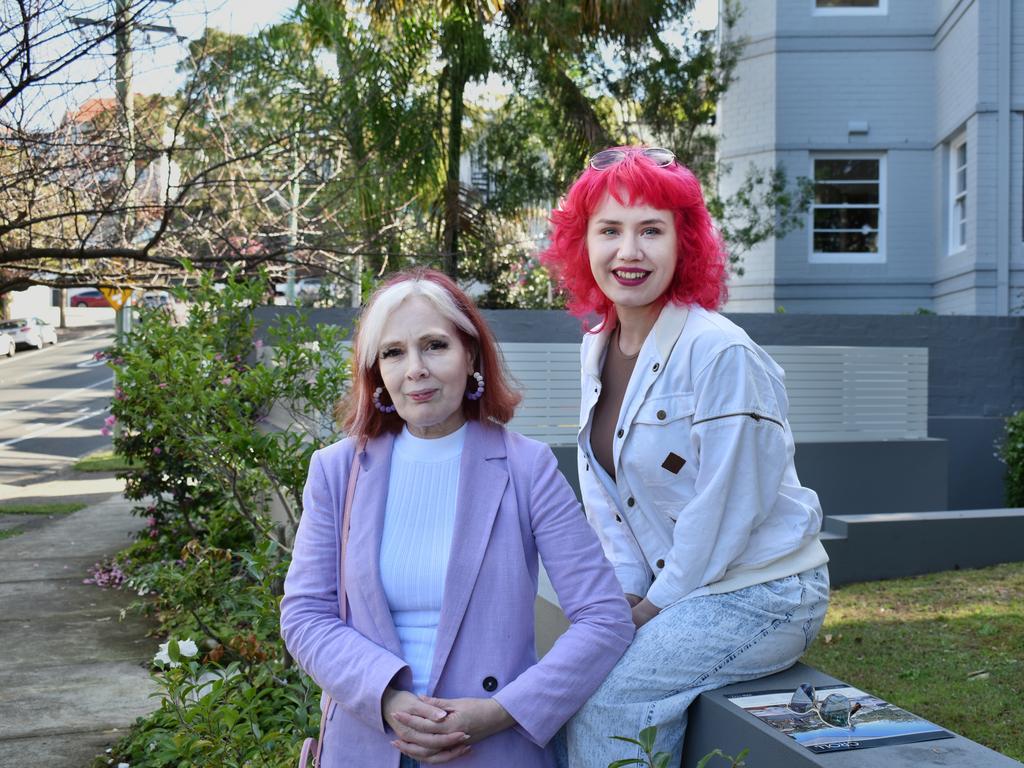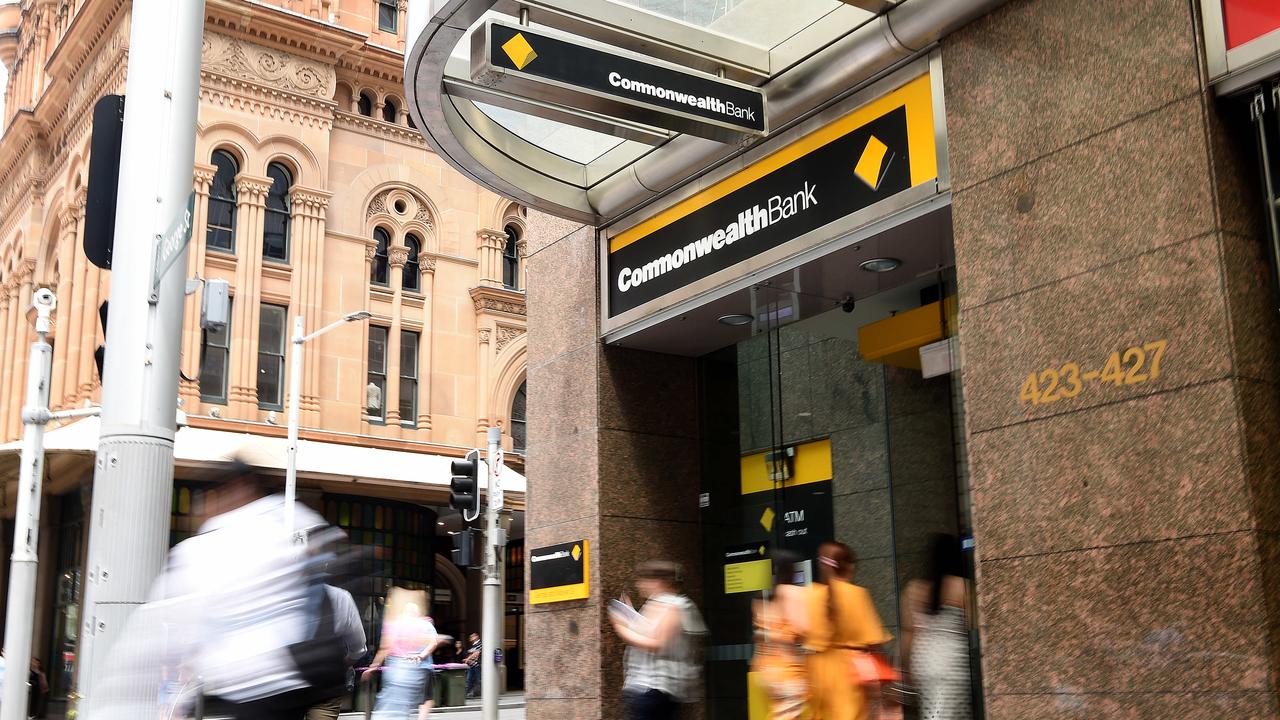RBA rates relief: Housing prices to finish year higher as interest hikes peak
The worst may be over for the housing market as the interest rate cycle approaches its peak, but there won’t be a rapid recovery. Six experts give their take on the outlook.

It is a sign of the times when the best description for the economy is a “swamp of uncertainty”, which has been made even murkier by the residential property market.
Property prices are widely tipped to continue climbing through the latter half of 2023 after rising 2.3 per cent through the first six months of the year, with movements trending towards the market hitting new all-time highs at the start of the new year.
The surprising result follows a dozen interest rate rises in 14 months, with the Reserve Bank’s decision on Tuesday to hold the cash rate at a level not seen since 2012.
British banking giant HSBC’s local chief economist Paul Bloxham has coined the oozing, swampy imagery of the market.
He said the current economic uncertainty is a legacy of the Covid-19-era of cheap credit and closed borders.
“It is an extraordinarily uncertain time because normally, to get house prices to rise, we need interest rates to start coming down,” Mr Bloxham said.
The clearest sign of housing demand – auction clearance rates – have been unseasonably strong, which PropTrack senior economist Paul Ryan said could be reflective of the lower number of listings on the market.
“We’ve been surprised by the extent to which a really strong demand relative to available supply has overwhelmed reductions in borrowing capacity,” he said.
Mr Bloxham said the housing market was in a strange paradox: buyer borrowing capacities were being constrained and households were taking on more debt, which should push prices lower, but limited supply coupled with surging migration negated falls.
“Those two forces are working in opposite directions at the moment, the one that seems to be winning, having the biggest impact, is population growth and the lack of supply in the housing market,” he said.


ANZ is tipping rates will be on hold for the majority of the year, with prices to rise 9 per cent through 2024.
“We expect that through 2024 residential property prices are likely to rise, as by then the cash rate will no longer be rising, inflation will be slowing and wage growth will allow the average household to borrow more than they could in 2023,” said ANZ senior economist Adelaide Timbrell.
HSBC is more modest, with a net rise of 3 to 6 per cent anticipated.
Most major bank economists are tipping a further rise in August, with rates to peak at 4.6 per cent.
Ray White chief economist Nerida Conisbee said price growth was now “quite firmly entrenched”, with capital cities, particularly Adelaide, Perth and Brisbane, outperforming. While the low number of homes on the market helped to underpin prices through the start of the year, the agency has begun to see a lift in the number of homes being signed up for sale and scheduled to come on the market in coming months.
“That’s good, it will help a lot of buyers out there and have more transactions in the market, which is generally positive for the economy more broadly,” Ms Conisbee said. “I think we will see a pretty good spring.”
Is this a sign of the prophesied “mortgage cliff” becoming real? Some property experts aren’t convinced.
The RBA estimates that 880,000 borrowers will roll-off of ultra-low, fixed-rate mortgages of about 2 per cent onto variable deals closer to 6 per cent through 2023, equating to thousands extra in repayments each year.

PropTrack has yet to register a significant increase in mortgagee possession sales on property marketplace Realestate.com.au, while SQM Research’s distressed listing metric has showed only a small lift in selling, led by a significant shift in Tasmania.
Mr Ryan said that rising rates and higher variable rates would constrain a lot of households’ cashflow and slow the economy. Many homeowners would look for ways to hold on to their homes if they were in trouble.
“That’s what the RBA is banking on,” he said.
Ms Timbrell doesn’t expect a flood of listings or a slump in prices once the lion’s share of fixed rates roll off.
“Firstly, people who want a home loan are assessed on a variable rate, so the roll-off won’t affect how much people can borrow,” she said. “Secondly, the majority of households with fixed debt on their own homes have large savings buffers and jobs, which means they’re unlikely to need to sell their property.”


But the chief executive of the national real estate firm, The Agency, Geoff Lucas, is less convinced.
Admitting that he is more bearish than most, Mr Lucas said the supply and demand equation may shift in favour of buyers. “I think that (the expiration of mortgages) only serves to underpin an increased level of supply, which should contribute to dampening the rate of increase or a dampening in the prices of properties coming to market.
“I just think supply and demand comes back into equilibrium, and maybe tips in favour of supply as we move through that six-month period; six- to nine-month period,” he said.
At the same time, Australians are beginning to borrow again. Recent Australian Bureau of Statistics data revealed a rise in both owner-occupier (up 4.9 per cent) and investor (up 6.2 per cent) borrowing through May. While levels are still well down on the year prior when the RBA pulled the trigger on the first rise, Ray White’s Ms Conisbee suggested it showed a change in attitude.
“The investor one was interesting, in that it’s gone up so much, but owner occupiers have gone up as well,” she said. “We’re also hearing, on the ground, a lot of first home buyers out there in the market.
“I think this is just representative of people just scrambling to get something before prices continue to grow.”

A lot of homeowners who benefited from massive rises in equity through the pandemic property boom are also accessing their wealth to upgrade.
PropTrack’s Mr Ryan said recent lending data from the banking regulator, the Australian Prudential Regulation Authority, showed the biggest growth in borrowing had been among those taking out loans with a deposit of 40 per cent or more.
Mr Lucas welcomes more listings on to the market. “I think that creates an environment for greater confidence to transact because there will be greater stability in prices,” he said.
Homeowner relief may come in 2024, with predictions the RBA may slash rates. But Ms Timbrell warned that this may not happen until later in the year, to avoid any chance of fuelling inflation.
“Inflation is currently very high and because there isn’t a lot of financial stability risk when we take the economy as a whole, there’s no compelling reason for the RBA to cut rates and risk inflation re-accelerating,” she said.
But the commercial property players under pressure from rising rates are still hoping for a stabilisation.
“Near term we need calmer waters to ensure future supply is available to meet immigration-driven demand for additional industrial, retail and residential space,” said CBRE head of research, Pacific and ESG Asia Pacific, Sameer Chopra.







